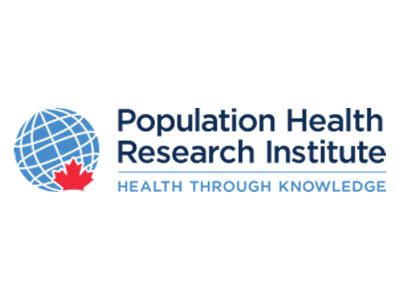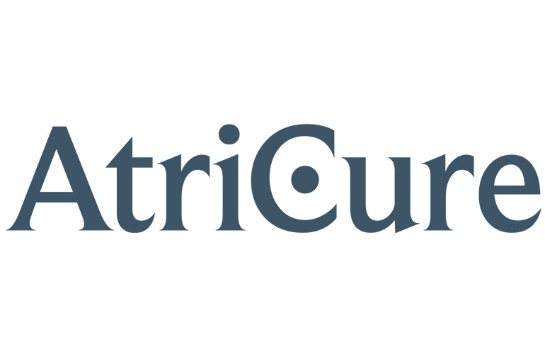Advancements for a healthier tomorrow
Mission: At the forefront of cardiovascular research in New Brunswick, New Brunswick Heart Centre Research (NBHRC) is dedicated to advancing the understanding and treatment of heart-related conditions.
Current Ongoing Initiatives
1. Left Atrial Appendage Exclusion for Prophylactic Stroke Reduction Trial (LeAAPS):
Recent scientific work has shown that closing off a small part of the heart called the left atrial appendage during surgery can lower the risk of stroke in people with an irregular heart rhythm called atrial fibrillation.
This study wants to know if using a special tool, AtriClip®, to close off the left atrial appendage can also reduce the chances of a stroke in people like you who don't have atrial fibrillation but have some risks of getting it in the next 5 years. If you are having heart surgery, you may be invited to be part of this study. If you meet the requirements and agree to join, you'll be part of the study.
This is a large study with many heart centres from around the world participating. Health Canada, the group that checks health devices in Canada, approved using AtriClip® during heart surgeries.
2. Determining the prevalence and outcomes of transthyretin amyloidosis cardiomyopathy-aortic stenosis patients undergoing valve intervention in New Brunswick:
This study is about figuring out how often a specific heart problem, called transthyretin amyloidosis cardiomyopathy (ATTR-CM), happens in adults who are getting elective (planned) surgery to fix their aortic valve in New Brunswick. ATTR-CM is not a common condition and is often missed or underdiagnosed.
We want to know if people with ATTR-CM have different results after surgery compared to those who don't. This research is important because it helps us learn more about how transthyretin amyloidosis and aortic stenosis (another heart issue) are connected.
Only patients undergoing TAVI or aortic valve surgery can participate in this study.
3. Transthyretin amyloidosis in heart failure patients: A new opportunity to treat heart failure with preserved function (HFpEF):
In this study, we want to find out how often a specific issue, called transthyretin amyloidosis (ATTR), happens in people with heart failure that keeps their heart pumping well (HFpEF). This is particularly important as there are very few known treatments for HFpEF. We're also looking if having this makes things worse for these patients and plan to follow patients for one year. This research helps us understand more about heart problems and could lead to better ways to treat heart failure with preserved function.
Only patients with a specific kind of heart failure diagnosis can participate in this study.
4. Local Research Projects based on existing data registry at the NBHC
a) Clinical Study on Acute Cardiogenic Shock Management
This study at the New Brunswick Heart Centre explores to role and value of having patients who suffer from acute heart failure called cardiogenic shock with a team approach. The team approach has been suggested to be beneficial and improve patient outcomes but never evaluated in NB. Work at the NBHC has been able to implement a "Shock Team" for the treatment of patients with acute heart failure. The goals of the research work has been evaluate the impact of the “Shock Team”, look at barriers to implementation and approaches to improve patient outcomes. For more details, click here.
b) Aortic Program
This study looks at the impact of creating a dedicated aortic program at the New Brunswick Heart Center. Specifically in 2017 a new clinical program was created namely the Aortic program with the goal to improve access for patients suffering from aortic disease to advanced aortic interventions. This research work is critical at ensuring continued improvements in access and patient outcomes.
c) Transcatheter aortic valve program
This study looks at the growth of a novel therapy for the treatment of aortic stenosis. The transcatheter aortic valve program (TAVI program) started in 2010 at the NBHC and continues to this date. The outcomes of all patients remain a priority including ways to Improve efficiency and reduce cost. This research work is particularly important as a resource intensive therapy.
Sponsors
Our research is driven by the desire to be better prepared for future challenges and to educate both the medical community and our patients. By participating in these studies, individuals contribute to the collective knowledge that will shape the future of cardiovascular medicine. We invite you to explore our website to learn more about our research group, ongoing studies, and the impact we aim to make on the field of cardiology.
Thank you for joining us on this journey towards better cardiovascular health for all.





